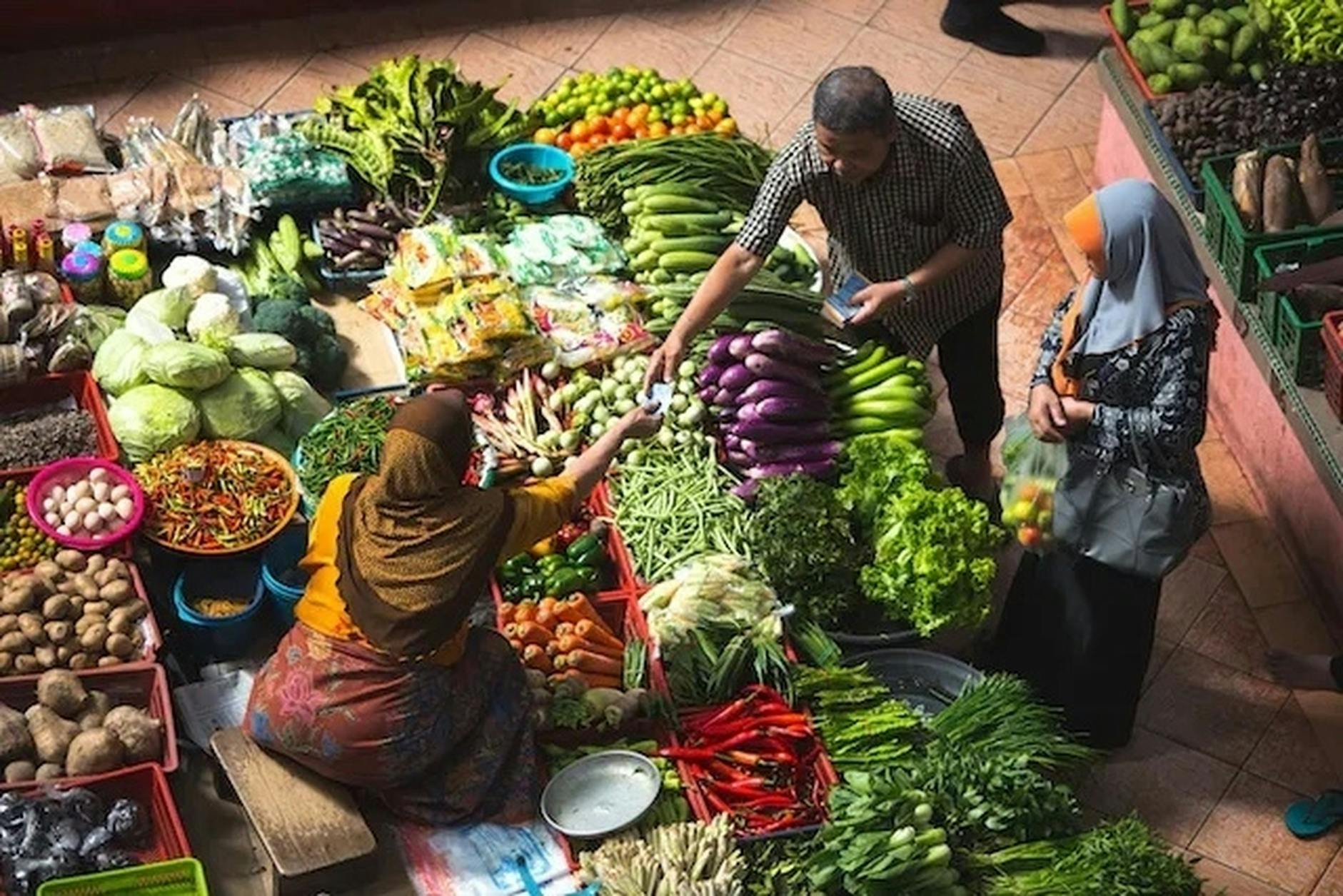
How Tour Operators Can Promote Sustainable Travel Practices
As the world becomes increasingly aware of our environmental challenges, there is a growing demand for sustainable and responsible tourism. Tour operators and travel agents play a crucial role in shaping travellers' choices and experiences. By integrating sustainable and responsible practices into your travel business, you can meet the evolving demands of conscious travellers and minimise the negative impacts of tourism on the environment, local communities and wildlife.
In this article, we explore some of the practical steps you can take to promote and introduce sustainable tourism and responsible travel into your business.
What is 'sustainable tourism' and 'responsible travel'?
Sustainable tourism refers to sustainable practices in and by the tourism industry. It aims to minimise the negative impacts of tourism (including economic leakage, damage to the natural environment and overcrowding) and maximise the positive ones (including cultural heritage preservation and interpretation, wildlife preservation and landscape restoration).
Sustainable tourism is defined by the UN Environment Program and UN World Tourism Organization as “tourism that takes full account of its current and future economic, social and environmental impacts, addressing the needs of visitors, the industry, the environment and host communities.”
According to the Global Sustainable Tourism Council, responsible travel "refers to the behaviour of individual travellers aspiring to make choices according to sustainable tourism practices. The behaviours usually align with minimising the negative impacts and maximising positive ones when one visits a tourism destination."
What practical steps can your travel business take to minimise the negative impacts of tourism?
Support local communities
Engage in community-based tourism initiatives that empower and benefit local people:
- Collaborate with community-based organisations to create authentic cultural experiences and tours led by local guides that respect and celebrate the traditions of the destination. Treat all locals with kindness, respect and pay a fair wage.
- Offer your clients boutique accommodations owned and managed by locals.
- Encourage your clients to eat local food at locally-owned restaurants.
- Encourage your clients to shop at local stores and markets and buy locally-made souvenirs.
Lodging
- Partner with green-certified accommodations that prioritise energy efficiency, waste reduction, and water conservation.
Transportation
- If possible, offer sustainable travel options such as taking a train rather than flying.
- Encourage the use of public transportation, bicycles, or electric vehicles as a means of exploring destinations.
Activities
- Promote tours and activities that have a low impact on the environment such as cycling, kayaking or hiking.
- Promote authentic cultural experiences and tours, owned, managed and led by local guides.
Work with B Corps
- Work with B Corps. B Corp certification is a designation that a business is meeting high standards of verified performance, accountability, and transparency. B Corps must demonstrate high social and environmental performance; make a legal commitment to be accountable to all stakeholders, not just shareholders; and exhibit transparency.

Image by Alex Hudson on Unsplash

Image by Robin Popa on Unsplash
Buy carbon credits
Companies and individuals can account for unavoidable emissions by buying carbon credits to fund certified climate action projects that reduce, remove or avoid greenhouse gas emissions:
- 'Carbon offsetting' reduces the amount of carbon dioxide that is released into the atmosphere, designed to compensate for the greenhouse gas emissions that are already being produced as a result of human activity. Carbon offsetting projects can include renewable energy developments and improvements in energy efficiency.
- 'Carbon removals' extract carbon dioxide from the atmosphere. Carbon removal projects can be natural (e.g. afforestation and reforestation), technological (e.g. direct air capture) or hybrid strategies (e.g. biochar).
To reduce the risk of greenwashing, ensure the projects you or your clients invest in are registered with a third-party internationally-recognised verification standard, such as the Gold Standard or Verra's Verified Carbon Standard.
Our tour operator software, TripMapper for Business, for example, directs a fraction of its revenue to help scale emerging carbon removal technologies.
Provide educational materials
- Raising awareness among travellers is essential to foster a culture of sustainable travel. Provide educational materials and resources on your website or through pre-trip communications, highlighting the importance of sustainable and responsible travel practices.
- Emphasise the significance of responsible waste management, wildlife conservation, and cultural respect.
- Encourage travellers to be conscious of their ecological footprint and support local businesses.
- Encourage your clients to take a refillable bottle when they travel.
Opt for sustainable tour planning
- When designing travel packages, build itineraries which limit carbon emissions and focus on sustainable and responsible practices. Use TripMapper for Business, an itinerary builder for travel agents and tour operators, to create your travel itineraries.
- Opt for shorter, direct routes that minimise travel time and energy consumption.
- Group activities in a way that reduces transportation needs and encourages walking or cycling.
- Limit group sizes to preserve the integrity of natural and cultural sites.
Donate to impact projects
- Donate a portion of your revenue to certified projects that enhance social and environmental well-being.
Become a certified tour operator
- Becoming certified as a sustainable tour operator means that your travel or tourism product or service complies with the highest social and environmental standards on the market.
Influence your supply chain to be more sustainable
- Make your supply chain more sustainable in a verified way by giving preference in contracting to hotels that are certified by a GSTC Accredited Certification Body.
- Showing preference to hotels and transport-vehicle providers that are certified sustainable.
By offering sustainable travel options, educating clients, supporting local communities, and reducing environmental impact, your business and your clients can begin to minimise the negative impacts of tourism and maximise the positive ones. Embracing these practices is a smart business move and a way to inspire travellers to become ambassadors for sustainable tourism and responsible travel.

Image by Andy holmes on Unsplash

Image by Kyle Glenn on Unsplash